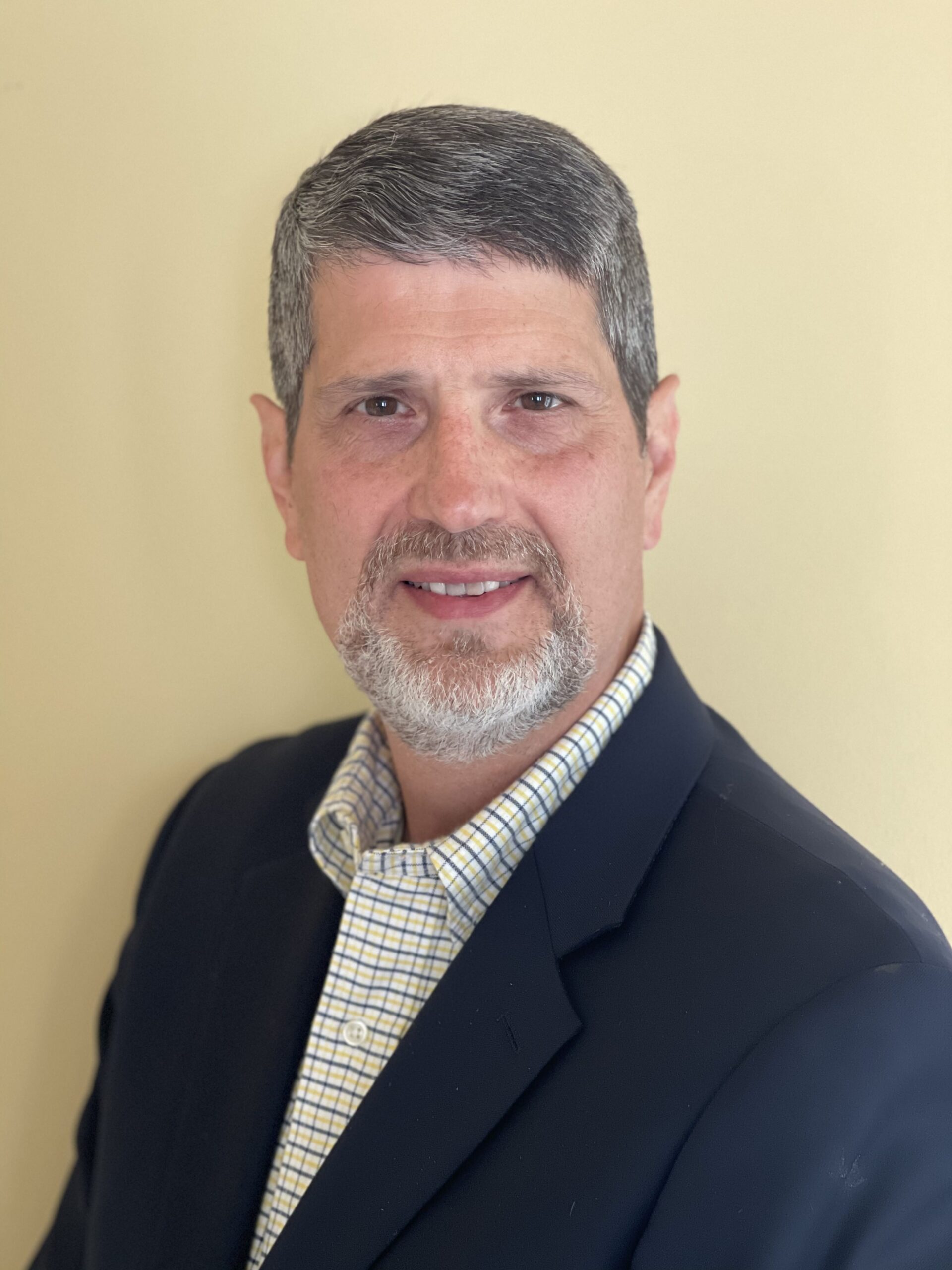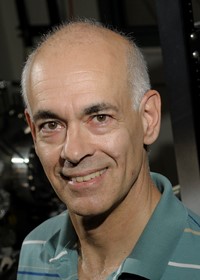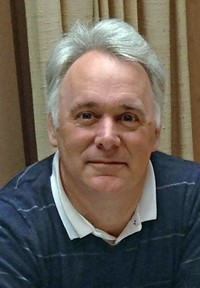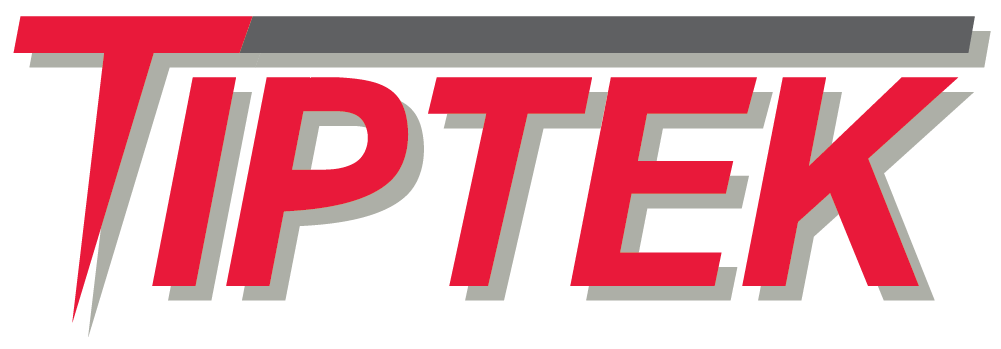Tiptek, LLC was formed in 2011 by co-founders CEO Dr. Scott Lockledge, CTO Prof. Joseph Lyding, CSO Prof. Gregory Girolami, and one important innovation that originated in the laboratories of the co-founders - Field Directed Sputter Sharpening (FDSS). FDSS enables Tiptek to manufacture hard, conductive, and ultra-sharp probes in its Savoy, Illinois facilities near the University of Illinois at Urbana-Champaign. The facility includes offices, wet labs, analytical areas and manufacturing space.
Today, Tiptek’s product line of probes and needles are purchased and used by industry leaders for scanning probe microscopy, transfer of lamella formed by focused ion beams (FIB), and scanning electron microscope-based nanoprobers used in semiconductor failure analysis. The proprietary FDSS process developed by Tiptek co-founders sharpens the probe tip to atomic dimensions in a self-limiting fashion that does not require skilled operator intervention. The resulting probe tips give excellent high resolution over long periods of time making them the choice for commercial and research customers.
Our History
Tiptek, LLC was formed in Urbana, Illinois and began operations in May 2011. In June of that year the company received Proof of Concept funding from the Beckman Institute for Advanced Science and Technology of the University of Illinois, and hired its first employee. Tiptek received an SBIR Phase I award from the National Science Foundation in late 2011 and a SBIR Phase II award in early 2013. In May of 2013 the company opened its offices and production facilities at EnterpriseWorks in the University of Illinois Research Park followed by additional Phase I SBIR funding, this time from the National Institutes of Health. Most recently, the company has received SBIR Phase I and Phase II funding from the United States Department of Energy in 2018 and 2019, respectively, for work in the cutting-edge and emerging manufacturing area of atomically precise manufacturing (APM).
Our Commitment
Tiptek is committed to diversity, equity, and inclusion. Since our company hired its first employee, our team has consisted of a well-rounded mix of people of different races, ethnicities, ages, genders, religions, LGBTQ+ identities, and other diverse backgrounds, and we are committed to ensuring that this diversity is maintained in the future. We expect all of our team members to treat others and be treated professionally. We encourage our team members to voice their opinions, especially if they disagree with something. We recognize, praise, and reward our team members for their accomplishments and contributions, and not just to the company’s bottom line. We believe that a diverse, equitable, and inclusive workforce helps the company to prosper, in large part by generating better ideas to solve the complex problems that we and our customers face.
Our Mission
Tiptek will delight customers through, exceptional customer service, scientific and engineering excellence, and a culture committed to continuous innovation and improvement. Tiptek will create needles and tips that provide superior tip-surface contacts, give high resolution, long life, and robust tip-surface interactions.
LEADERSHIP
Tiptek's key team members include an experienced and successful high-technology startup company executive and the inventors of the technology.

Scott P. Lockledge
Ph.D., Chief Executive Officer and Co-founder
Scott P. Lockledge received his Ph.D. degree (1990) in Chemistry from the University of Illinois at Urbana-Champaign and pursued graduate business studies at The Wharton School of the University of Pennsylvania. He has served previously as CEO and co-founder of a successful venture-backed start-up company to develop advanced oil filtration technology for internal combustion engines.
Dr. Lockledge is an expert in surface science and interfacial phenomena, and his experience in technology development and commercialization is broad. While serving under the President's Science Advisor in the White House Office of Science and Technology Policy, Dr. Lockledge coordinated the Partnership for a New Generation of Vehicles (PNGV) and the 21st Century Truck (21CT) initiative. He also served as an advisor to the vice-chair of the U.S. House of Representatives Committee on Science as a Congressional Fellow. Spanning a decade, his commercial and technical career involved developing proprietary polymer stabilizers now used in flexible vinyl products across North America and a next generation corrosion control product used in North America's largest oilfield.
Dr. Lockledge has authored more than 15 U.S. and foreign patents and numerous technical papers, reports, and conference presentations on topics of materials engineering, corrosion science, and environmental impact.

Joseph W. Lyding
Ph.D., Chief Technology Officer and Co-founder
Joseph W. Lyding is the Robert C. MacClinchie Distinguished Professor in the Department of Electrical and Computer Engineering at the University of Illinois in Urbana-Champaign. He received his B.S. (1976), M.S. (1978), and Ph.D. (1983) degrees in Electrical Engineering from Northwestern University. In 1984 he joined the University of Illinois in Urbana-Champaign as an Assistant Professor in the Department of Electrical and Computer Engineering to work with two-time Nobel Laureate John Bardeen and colleagues. In 1986 Professor Lyding developed the first STM at Illinois and was promoted to Associate Professor in 1988 and Professor in 1993.
Professor Lyding's research interests include nanofabrication on semiconductor surfaces and development of scanned probe technology. He has over 200 publications and has presented about 150 plenary and invited talks. His invention, with Karl Hess, of deuterium processing to reduce hot-carrier degradation effects in CMOS technology has led to a patent portfolio that has been used under license by Samsung. He has also invented a technique for making ultra-sharp probes, and he is developing technology for dramatically improving the physical properties of carbon nanotube-based composite materials and supercapacitors.
He is a UIUC University Scholar, a Fellow of the American Association for the Advancement of Science, a Fellow of the American Physical Society, a Fellow of the American Vacuum Society, and a Fellow of the Institute of Electrical and Electronic Engineers. He received the 1983 Arthur K. Doolittle Award from the American Chemical Society, the 2012 IEEE Pioneer in Nanotechnology Award, the 2013 AVS Nanotechnology Recognition Award, the 2013 Research Excellence Award from the Nano/Bio Interface Center at the University of Pennsylvania, the 2014 AVS Prairie Chapter Award for Outstanding Research, and the 2014 Feynman Prize in Nanotechnology.

Gregory S. Girolami
Ph.D., Chief Scientific Officer and Co-founder
Gregory S. Girolami is the William and Janet Lycan Professor in the Department of Chemistry at the University of Illinois in Urbana-Champaign. He received his B.S. degrees in Chemistry and Physics from the University of Texas at Austin (1977) and his M.S. (1977) and Ph.D. (1981) degrees from the University of California at Berkeley. Thereafter, he was a NATO postdoctoral fellow with Nobel Laureate Sir Geoffrey Wilkinson at Imperial College of Science and Technology, and joined the Illinois faculty in 1983. He was promoted to Associate Professor in 1989 and to Full Professor in 1993.
A significant component of Professor Girolami's research relates to the chemical vapor deposition (CVD) of thin films, an area in which he has long been an internationally recognized leader. He has been a key member of two SBIR projects related to coatings for the aerospace industry, and has worked directly with Intel and Seagate to optimize CVD coating technologies for microelectronic and data storage applications. He has written more than 200 peer-reviewed scientific papers and holds seven patents, with several others under review.
Professor Girolami was Head of the Department of Chemistry at the University of Illinois in Urbana-Champaign between 2000 and 2005 and again from 2013 to 2016. He has received numerous honors including the Office of Naval Research Young Investigator Award, a Sloan Foundation Fellowship, a Dreyfus Teacher-Scholar Award, and a UIUC University Scholar Award. He also has been elected a Fellow of the American Association for the Advancement of Science, the Royal Society of Chemistry, and the American Chemical Society.

Comments are closed.